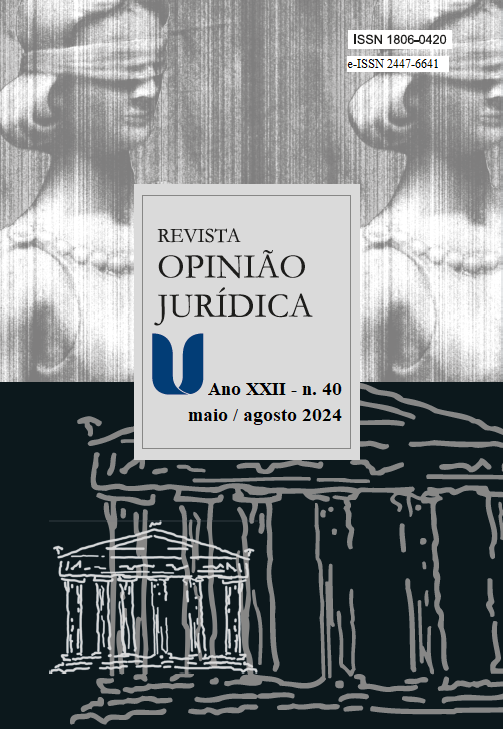Don’t miss Foucault
strategies for academic papers evaluation
DOI:
https://doi.org/10.12662/2447-6641oj.v22i40.p122-136.2024Keywords:
academic review, peer reviewer, evaluation strategiesAbstract
Objective: The scientific community expects high-quality publications in academic journals. In this context, the role of peer reviewers, especially in blind peer review systems, proves to be crucial. But how to craft a good review? This work answers this question by presenting various parameters and strategies that peer reviewers can consider in their activities.
Methodology: Analysis of literature dedicated to the topic, especially in English, in a descriptive, qualitative study, on author’s experience report kind.
Results: The research presents some criteria that peer reviewers can consider in performing their duties, ranging from the acceptance to review an academic paper to drafting and submitting the review to the editor.
Contributions: By providing tips and strategies for the proper evaluation of academic papers, this work facilitates the tasks of peer reviewers and editors, addressing a significant gap in the training of many researchers.
Published
How to Cite
Issue
Section
License
Copyright (c) 2024 Revista Opinião Jurídica (Fortaleza)

This work is licensed under a Creative Commons Attribution-NonCommercial-ShareAlike 4.0 International License.
CESSION OF COPYRIGHTS
The submission of articles to analysis for publication on Opinião Jurídica implies the author(s) transfers copyrights to Centro Universitário Christus – UNICHRISTUS for reproduction, publicizing, distribution, printing and publication, according to the Publication Norm 414R, Opin. Jur., Fortaleza, year 12, n. 16, p.1-414, Jan./Dec. 2014, costs to be bore by UNICHRISTUS, in whatever format or means that may or shall exist, in accordance to articles 49 and following of Federal Law 9.610/98.
1. In ceding copyrights, the author(s) agrees to do so in exclusivity, free of charge and for the totality of the work.
2. UNICHRISTUS may make the work, in its entirety or in parts, available for scholarly purposes, without altering its contents, except for small corrections that are deemed necessary.
3. The cession of copyrights is valid in all countries and for versions of the material in its original language or translated into a foreign language.
RESPONSIBILITY FOR THE CONTENT
By submitting an article, the author(s) declare to have sole responsibility for the content of the piece and is(are), therefore, responsible for any judicial or extrajudicial measures referring to it.
1. In case of joint authorship, all authors are considered collectively responsible, except when proved otherwise.


















